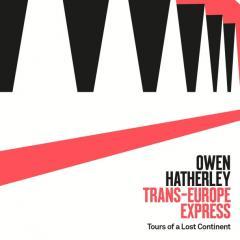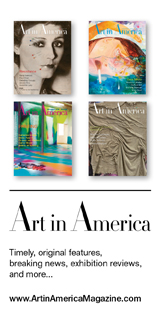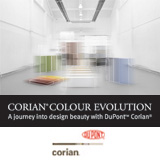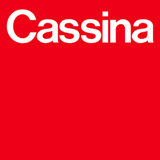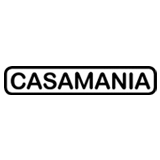Trans-Europe Express: Tours of a Lost Continent by Owen Hatherley
DeTnk Bookshelf
'A scathing, lively and timely look at the "European city", from one of our most provocative voices on culture and architecture today' Owen Jones
A searching, timely account of the condition of contemporary Europe, told through the landscapes of its cities
Over the past twenty years European cities have become the envy of the world: a Kraftwerk Utopia of historic centres, supermodernist concert halls, imaginative public spaces and futuristic egalitarian housing estates which, interconnected by high-speed trains traversing open borders, have a combination of order and pleasure which is exceptionally unusual elsewhere.
In Trans-Europe Express, Owen Hatherley sets out to explore the European city across the entire continent, to see what exactly makes it so different to the Anglo-Saxon norm - the unplanned, car-centred, developer-oriented spaces common to the US, Ireland, UK and Australia. Attempting to define the European city, Hatherley finds a continent divided both within the EU and outside it.
About the Author
Owen Hatherley writes regularly on aesthetics and politics for the Architectural Review, The Calvert Journal, Dezeen, the Guardian, Jacobin and the London Review of Books. He is the author of several books, most recently Landscapes of Communism, The Ministry of Nostalgia and The Chaplin Machine.
Modern Irish architecture marked by striking ‘cheapness and carelessness’
a review of Trans-Europe Express: Tours of a Lost Continent in the Irish Times
The architecture critic Owen Hatherley is that most English of things, an incurable Europhile. Over the past decade, in books such as Militant Modernism and A Guide to the New Ruins of Great Britain, he has built for himself a certain embattled vantage: scourge of the speculative dross of contemporary British planning and architecture, defender of what remains from the country’s brief romance with Modernism. (Embattled up to a point, that is: his once scandalous taste for postwar concrete is now widely shared, and coffee-table books about Brutalism may be found in the gift shops of Victorian museums.) An idea of Europe has long functioned as a supporting strut in Hatherley’s thinking: a Europe where rational planning, social optimism and aesthetic daring have prevailed against the UK’s devil-take-the-hindmost attitude to architecture, and to much else. Has this Europe – a Kraftwerkian dream of placid dwelling, super-glide transport and cultural surprises – ever actually existed? While the Brexit farce unfolds, Hatherley slips under the English Channel to find out.
His Europe is not exactly where you would expect to find it. Trans-Europe Express begins with a brief tour of a few major capitals, which tend to irritate or bore the author. Brussels, for example, is a speculative mess, its monuments soaked in the blood of the Congo. Paris is all “white boulevards full of solely white people”. Berlin merits no more than a few pages. Hatherley is more interested in knottier cases, where the main tendencies he identifies in European cities may most starkly be seen, sometimes together: tabula rasa postwar Modernism, tourist-trap preservation and incongruously UK-style commercial free-for-all. As in his previous books, what he seems most to admire is grandeur in raw concrete, a civically minded refusal of both kitschily “iconic” starchitecture and the kind of street-level human-scale regeneration we are all meant to love these days. He finds what he is looking for first in Le Havre, a port with links to his native Southampton – one of the book’s points is that Britain has never been culturally isolate or sovereign – and home to (purportedly) Europe’s largest square. It is hard to think of a more Hatherley-esque image than the little black-and-white photograph he gives us of the 1958 Hôtel de Ville and empty environs.
continue reading at irishtimes.com




